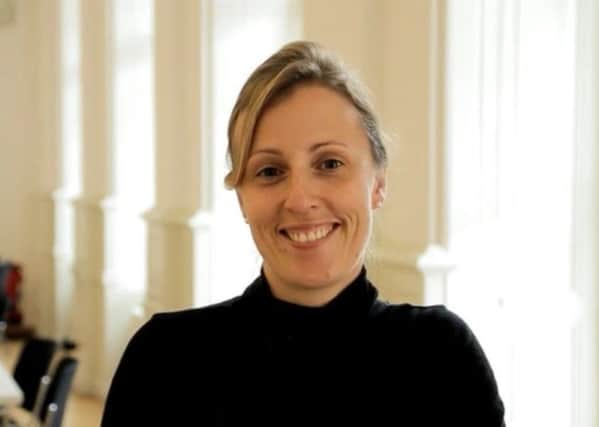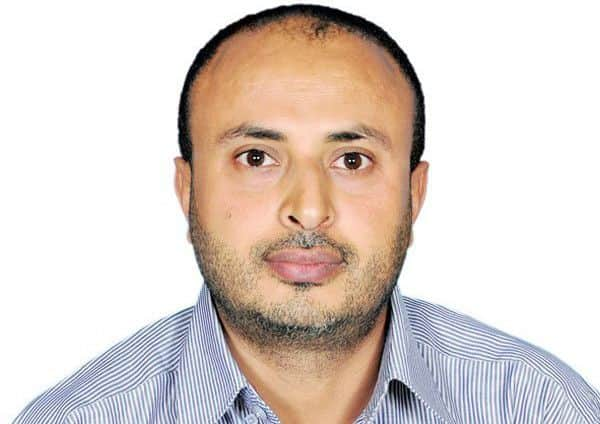S. Karly Kehoe, Debora B. F. Kayembe and Shawki Al-Dubaee: Academic refugees have much to offer countries which give them a safe haven


In 2016, the Royal Society of Edinburgh’s Young Academy of Scotland (YAS) decided to recognise the rights of academic researchers and practitioners fleeing conflict by introducing the at-risk academic and refugee membership initiative (ARAR). Founded in 2011, YAS brings together the next generation of Scotland’s talent and its mission is to achieve transformative societal change through citizenship, innovation, collaboration, evidence and leadership.
According to the UN, the number of people displaced worldwide due to war and conflict has now topped 65 million. The Geneva Convention defined a refugee as someone who is displaced, has been forced to cross national borders and who cannot return home safely. To receive refugee status, a person must have applied for asylum, making them an asylum seeker while awaiting a decision.
Advertisement
Hide AdAdvertisement
Hide AdA displaced person, even though legally entitled to refugee status, cannot apply for asylum and is excluded from official asylum seeker status. The United Kingdom has adopted the Geneva Convention as well as the two additional protocols which states that people whose liberty has been restricted shall, if made to work, have the benefit of working conditions and safeguards similar to those enjoyed by the local civilian population.


When YAS inducted the first four ARAR members into its wider membership of 126 in 2016, it became the first young academy in the world to welcome these professionals into its ranks. In taking this bold, but necessary step, the YAS membership not only acknowledged the potential of these colleagues to make outstanding and meaningful contributions to the future prosperity of Scotland, but it committed to helping them to regain some of the social and professional capital that they had lost during their displacement.
If we exclude these professionals, we run the risk of losing out on what they would have accomplished or on the discoveries they might have made. For the academic researchers and practitioners, accessing the networks needed to recover their careers is vital but, more often than not, what they experience is a long corridor of closed doors. Some also have additional needs including building stronger language skills, understanding the academic culture and, at a basic level, settling their families into a routine and trying to establish a level of normality.
Living in the global north, many of us have no idea that this is the reality for many people. Many more of us have no awareness of the fact that some of these at-risk scholars are now our neighbours.
When we do find out about them, though, it is incumbent upon us and the organisations we represent to find ways of sharing our resources and of making space for them in our networks, universities and social circles. It is also important that we find ways of considering and evaluating fairly their academic qualifications and that we establish systems to either recognise them as being on par, where possible, or provide routes to enable upgrading.


At a panel at the recent Protecting the Rights of Individuals Fleeing Conflict symposium organised by the Committee on Human Rights of the U.S. National Academies of Sciences, Engineering, and Medicine in Washington, legal health and human rights advocate Leonard Rubenstein made the point that “you don’t have to grant rights to recognise rights”.
Building resilient societies, as countries like Scotland, Canada and others seek to do, requires us to look for and capture talent wherever we find it. It also requires us to have a moral compass and to extend the hand of friendship to newcomers. YAS seeks to build empathy among the scholarly community and use that to create meaningful opportunities for integration. This is an essential part of keeping research fresh and progressive. While governments have a major role to play in enabling this, we, as individuals, must bear some of the responsibility. You can read more about YAS’s work, and our current ARAR member recruitment round, on our website: https://www.youngacademyofscotland.org.uk/.
S. Karly Kehoe, Debora B. F. Kayembe and Shawki Al-Dubaee, members of the RSE Young Academy of Scotland.